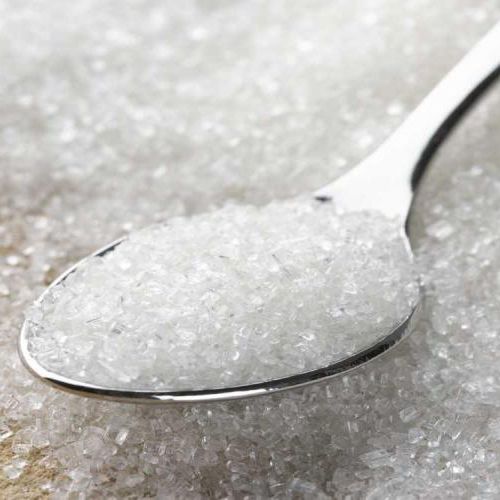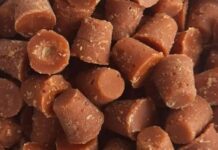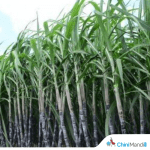Petaling Jaya: Despite the implementation of the sugar-sweetened beverage (SSB) tax in over 100 territories worldwide, including Malaysia, where diabetes and obesity are significant health concerns, stakeholders suggest that there is potential to broaden the scope of the sugar tax to encompass additional products, reported The Star.
It is considering a National Health Fund pooling money from multiple sources, including tax and non-tax revenues, and enforcement activities such as the SSB tax. The sugar tax, currently imposed on three tiers of ready-to-drink beverages, will be extended to premixed drinks from March 1, 2024, said the Health Ministry in a recent parliamentary written reply.
It was emphasized by Prof. Dr. Sharifa Ezat Wan Puteh, a Professor in Public Health Medicine, at the Faculty of Medicine, Universiti Kebangsaan Malaysia, that money generated from the sugar tax could be used to support the subsidy of healthcare services in Malaysia, reducing the very large NCD load. “The tax revenue can be used for the betterment of health facilities, paying healthcare workers, and purchasing NCD drugs,” she stated. Prof. Sharifa also suggested expanding the sugar tax to items like canned foods with sugar syrups, sweets, chocolates, sports drinks, and soft drinks.
Consumers Association of Penang (CAP) president Mohideen Abdul Kader echoed these sentiments, advocating for the sugar tax to include all sweetened drinks and foods with sugar content such as chocolate, biscuits, and sweets. Although this might lead to price increases, Mohideen argued that the measure is essential for protecting public health. He pointed out that softer approaches, like awareness campaigns, have not been effective, and the revenue from the sugar tax could be used to fund diabetes treatment and awareness programs. “Diabetic patients who are unable to pay for their treatment should be able to apply for funds from the proposed National Health Fund,” he said.
The Khazanah Research Institute, in its paper, highlighted that sugar tax revenue could support promotive and preventive health programs, such as health education and screening. “This can augment the existing limited funds for health promotion and prevention and increase public support for such taxes,” the institute noted in its December release titled “Is the Sugar Tax Necessary?”
The institute also pointed out gaps in the sugar tax implementation. Many SSBs have been reformulated to meet HCL sugar requirements since its introduction in 2019. The Ministry of Health introduced the Healthier Choice Logo (HCL) in April 2017 to support consumers in making informed decisions on healthier food options and, therefore, promote manufacturing incentives for healthier products. For a sweetened beverage to be able to carry the HCL, it needs to contain no more than 5g of sugar in 100 ml. As a result, many SSBs that have sugar content below the tax levels are not taxable. In 2019, it introduced a 40 sen tax per litre on sweetened beverages not exceeding 5g of sugar per 100ml and fruit juices containing no less than 12g of sugar per 100ml. The goods and services tax, originally planned to be used in supporting a free and nutritious breakfast program for all primary school children that had been proposed by the Pakatan Harapan government, has been abolished.
Globally, presently, 106 countries have already put in place some form of national SSB tax, and they represent together 52% of today’s world population, according to the Global SSB Tax Database by the World Bank.












